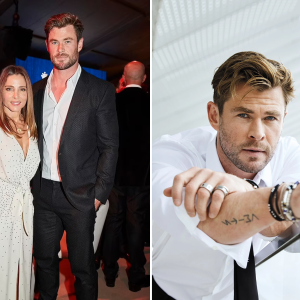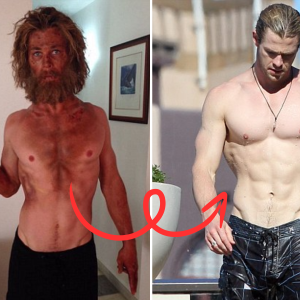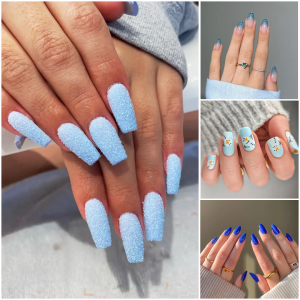The first time I listened to Dua Lipa’s second album, Future Nostalgia, I did two things: first, I stopped dancing, caught my breath, and relished its sheer brilliance. Second: I put on every great 00s pop album I’d forgotten how much I loved: Natasha Bedingfield’s Unwritten; Kelis’ Flesh Tone, Gwen Stefani’s The Sweet Escape. Future Nostalgia deserves to be remembered in equal esteem, and as the 20’s first great pop album. High octane and completely delightful.

Lipa has spoken frequently about how this album is like a dancercize class, a relentless 12 tracks of pop inspired by the great pop girls from the turn of the millennium: she’s referenced Moloko and Stefani, and when I spoke to her for our GQ Heroes issue, coming soon, she talked about how she wanted this album to be as timeless and vital for young women as Fergie’s The Duchess or Pink’s M!ssundaztood were to her. She’s absolutely succeeded.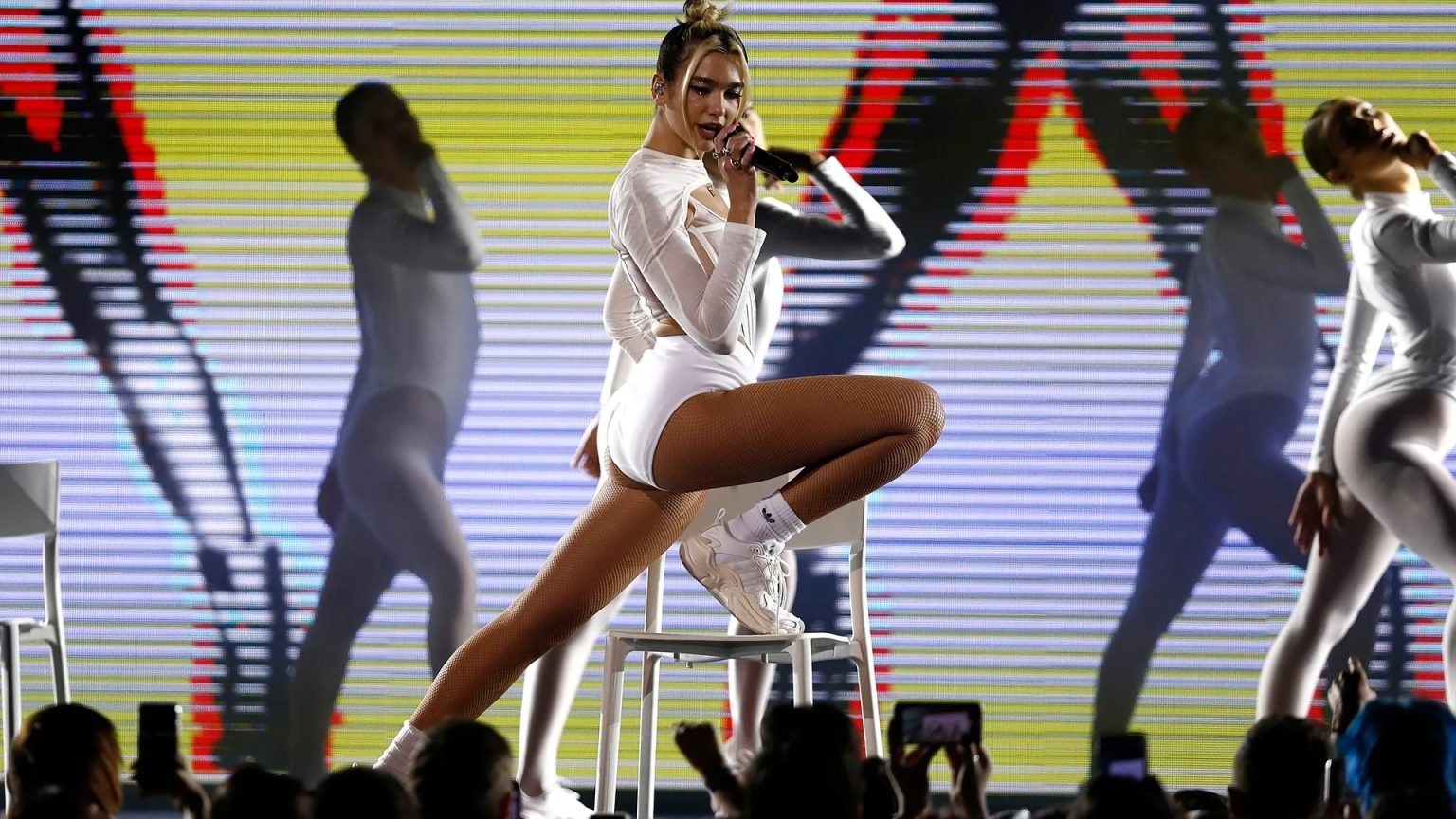
The album opens with a quartet of songs we’ve predominantly heard: launching in with promo single ‘Future Nostalgia’ – imagine if Prince wrote for The Pointer Sisters – followed by the Studio 54 bop ‘Don’t Start Now’. Then there’s new song ‘Cool’, again leaning into that 80s vibe with some real synthy riffs. It’s perhaps the most in keeping with Dua Lipa’s self-тιтled album: the smoky purr of her voice, a slower tempo, but with a much stronger vibe of EMOTION-era Carly Rae Jepsen than before. Then comes ‘Physical’, the song Giorgio Moroder wishes he produced. How does it get better, you ask? Don’t worry, Dua says. Just wait.
The rest of the album is all new to your ears bar ‘Break My Heart’, the INXS-sampling jam released on Wednesday, which will soundtrack every romcom trailer and yoghurt advert for the rest of the decade. It’s hard, given her mission statement, not to listen to every song as a potential single. It’s a big ask for any album, but Lipa and her team deliver.
She toys with some interesting samples that conjure up the electro-swing pop hits that feel so evocative of UK pop in the 00s, but with the lush production of something far more American. ‘Love Again’ – Dua’s most powerfully pro-love song to date – features a sample of Al Bowlly’s 1932 ‘My Woman’, by way of its use in White Town’s 90s bop ‘Your Woman’ (her references, not mine.) It swells and slaps and punches in ways that her reference points – I can’t help but think of Bedingfield’s ‘Silent Movie’, or The 411’s ‘On My Knees’ – just couldn’t do.
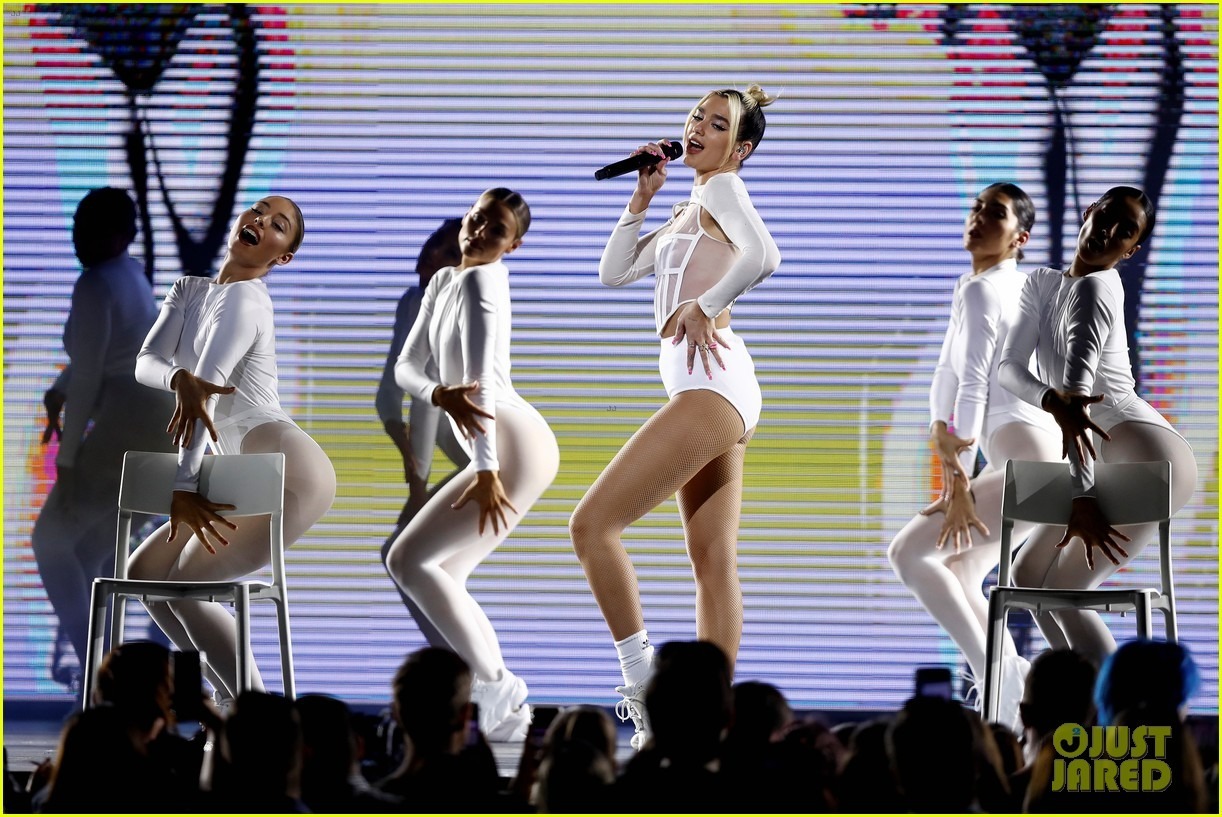
It might sound like I’m damning with faint praise to reference so many artists in talking about Dua, but it’s the way she’s always spoken about the album: as the latest in a long lineage of meaty, delectable pop albums by women who just want you to have fun. What’s important though is that Dua Lipa is not cribbing from other people’s notes here: the references are clear, but the sound is distinctly her. It is her voice resolutely throughout, perhaps explaining why it doesn’t include any collabs, including her one with Normani. She manages to balance radio playability with cheekiness and invention in a way many mainstream artists, trying to transition into more idiosyncratic sounds, fail to do.
Praise also needs to go for how unabashedly Sєxy Dua sounds on this album, carrying on her great tradition of singing about female Sєxuality from the perspective of women rather than how it benefits men. When she praises all “that good pipe in the moonlight” she’s been getting in penultimate track ‘Good In Bed’ I literally screamed with delight. You can just feel how much fun she’s having: something all her co-writers on this album told me was infectious in the studio, and it shows.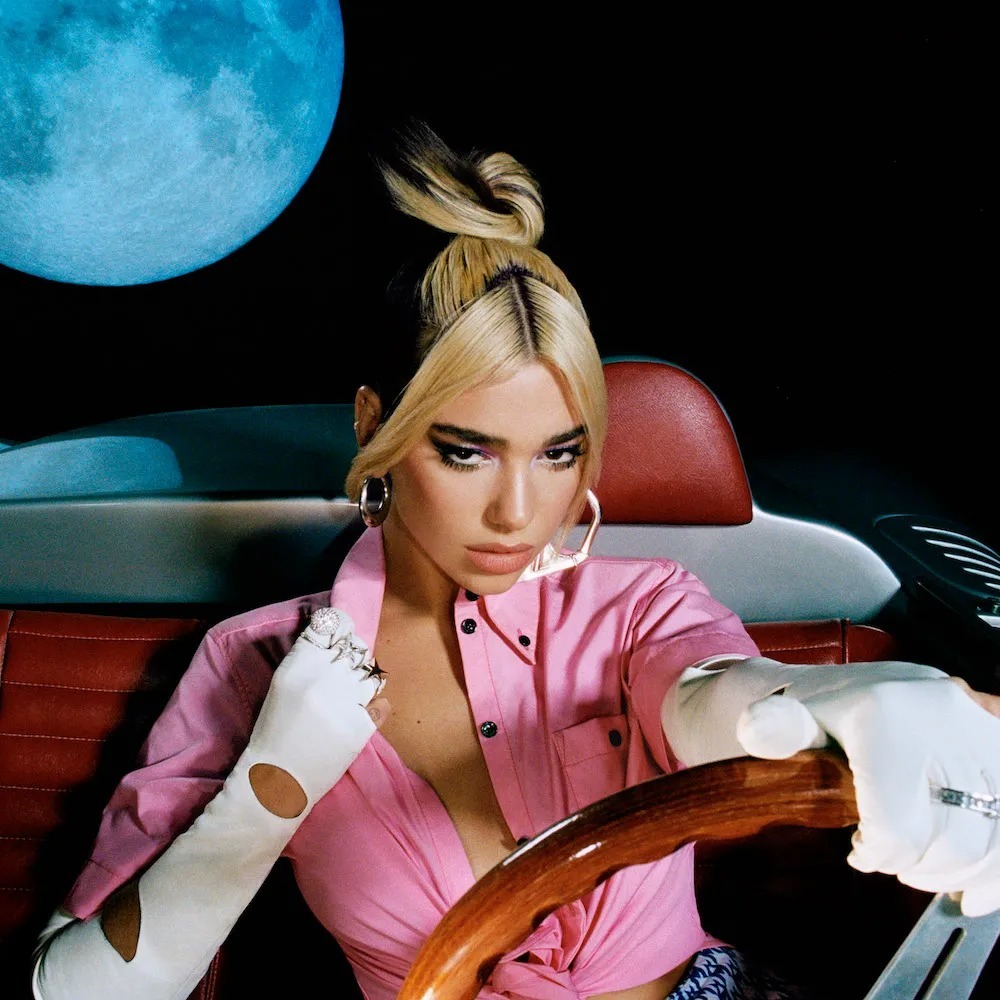
If you think Dua’s already given you the best of her new era, you’re sorely mistaken: ‘Don’t Start Now’ is a crowdpleaser, ‘Physical’ the doyenne of every drag queen and spin instructor in the land, but the moment we are all freed of self isolation the album tracks from Future Nostalgia need to be played at your first post-pandemic houseparty. Start your first night of freedom with ‘Hallucinate’, a song that will live longer than any of its inspirations. From the enjambement of the lyrics on the chorus to the Kaytranada-esque production, this song should open every festival and close every club night. You can feel the pendants bouncing on the chests of sweaty partygoers with every pulse of this track. It makes you want to be single, make mistakes, drink too much and kiss the nearest person to you. Yet Future Nostalgia balances stadium anthems with also being a gospel of feminine excellence for all the teens looking to her for inspiration. I honestly ask you: what more can you ask for from a pop record?
